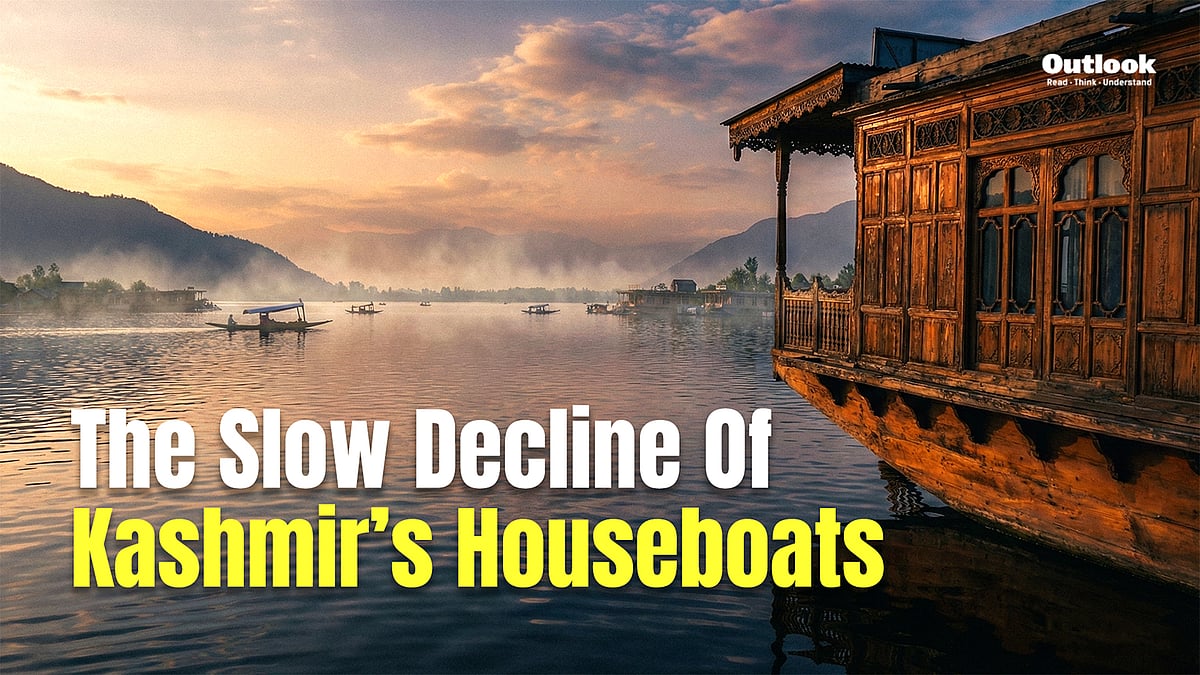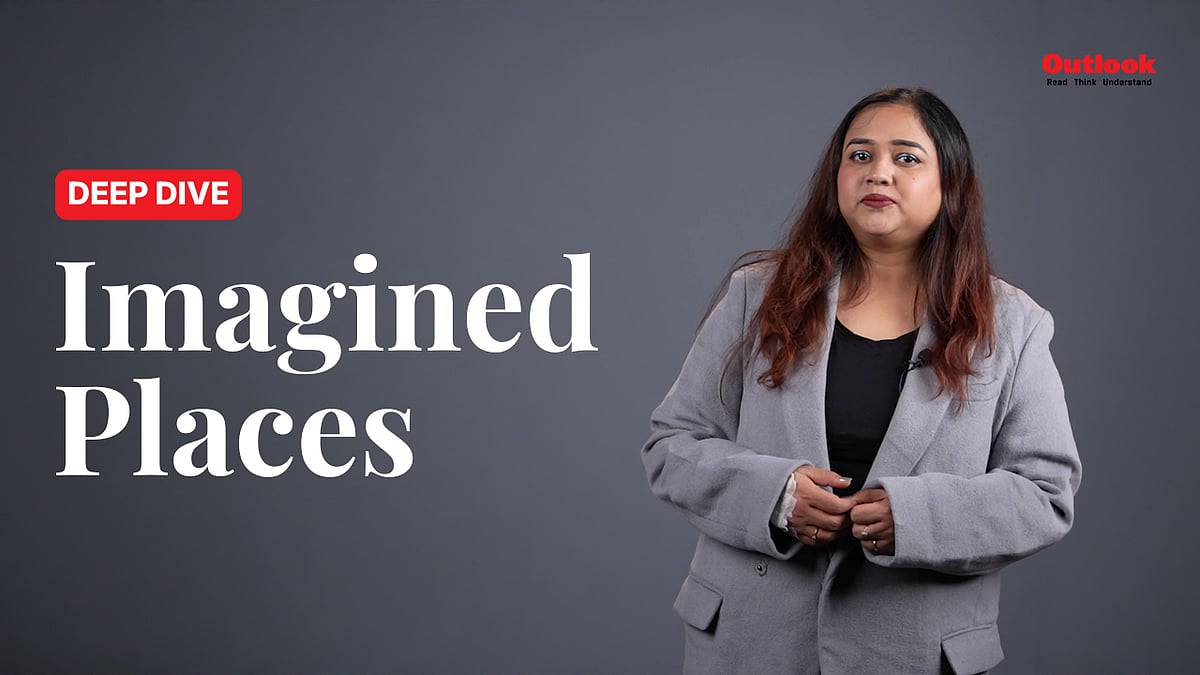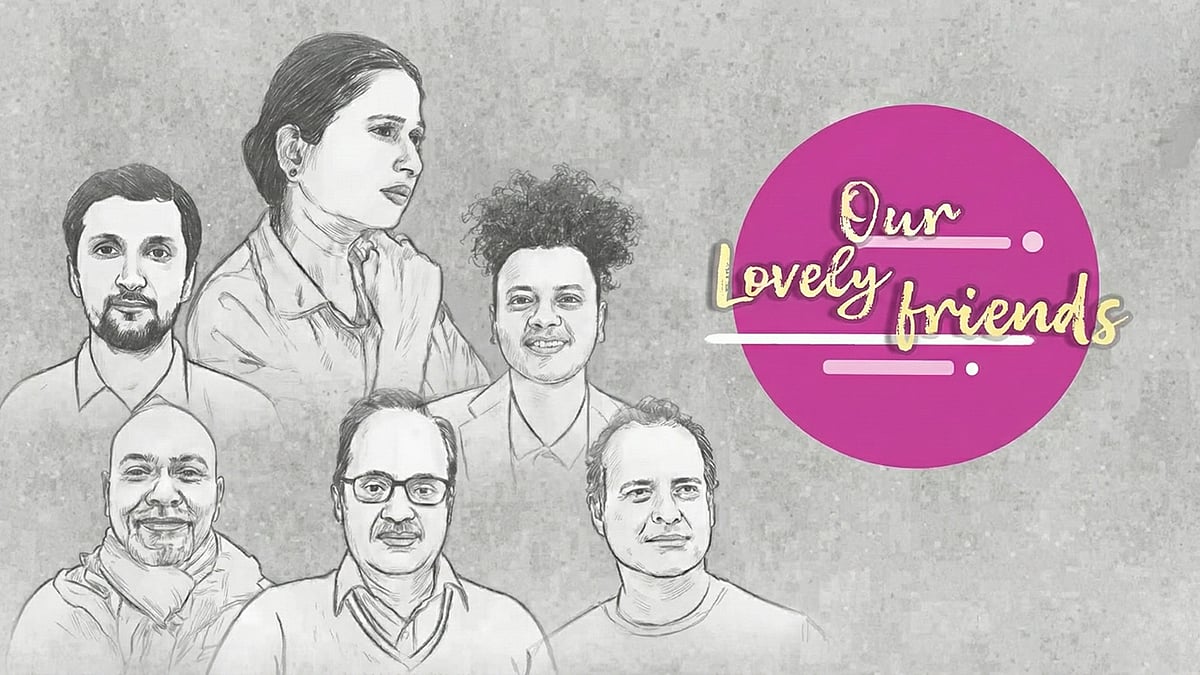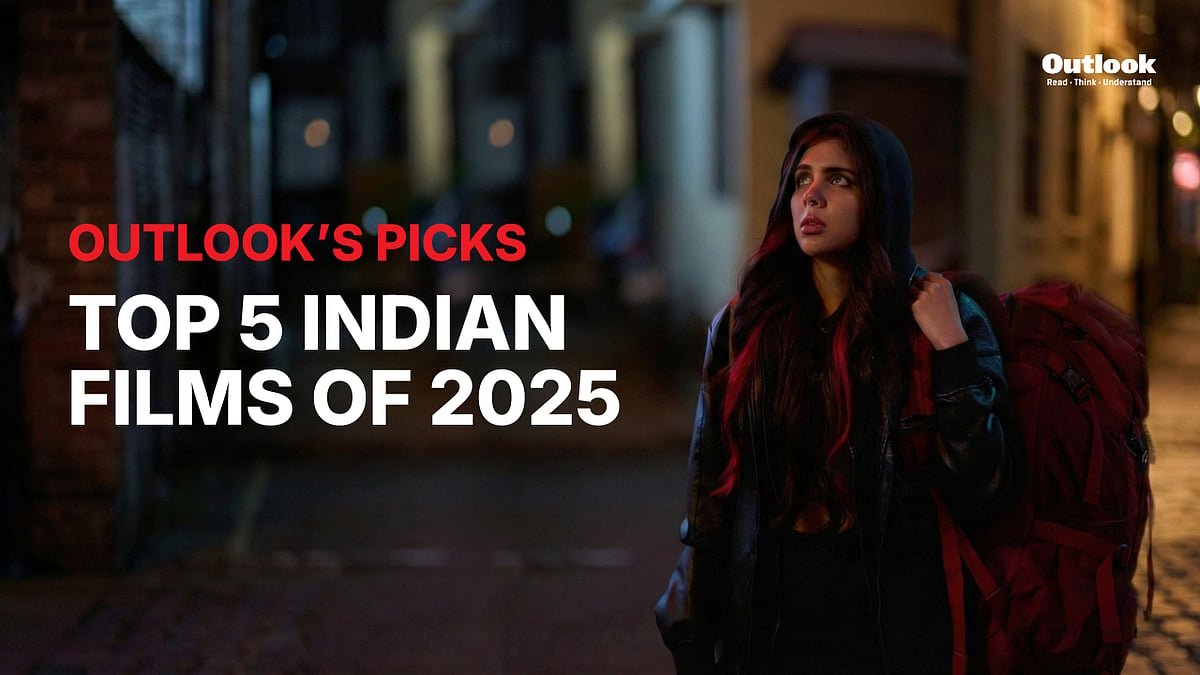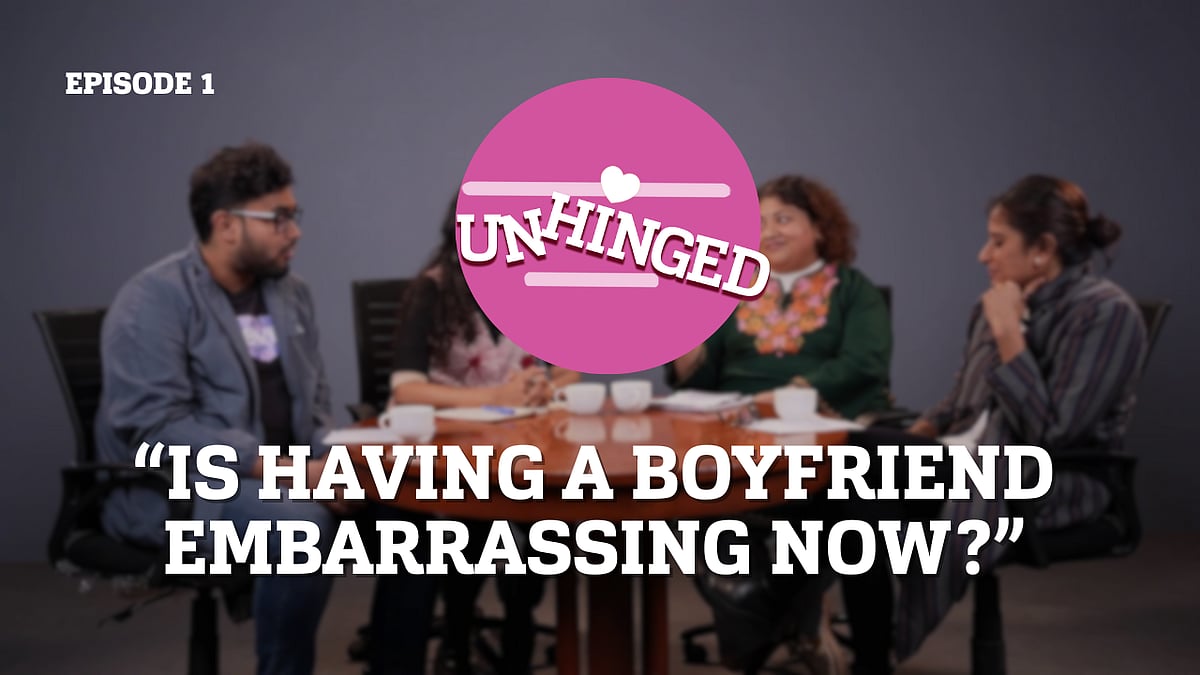A Note From Outlook Editor Chinki Sinha | Kamalini started narrating her story and began crying. She is part of the Home Again programme in Ratnagiri, run by The Banyan, an organisation that provides housing to people with mental health issues and assists them with reintegration into society. The moment she broke down, two other women from the same centre held her. One doesn’t talk—whether she was born that way, became that way, or decided not to speak at all is not known.
The other spoke in broken sentences and had no name; her name in the state mental health facility was Number 28, but they gave her the name Kajal. Kajal has a little cat named Sunheri.
They hugged Kamalini tightly, and that became the focus of our stories for Outlook’s Independence Day special issue. What it is to be together, what it is to love, what it is to support each other, and what it is to understand each other despite the limitations of language. Sinha says, “I think grief usually cannot be articulated—there is no vocabulary, and language is limited in that sense.”
Like the story of the 'Noida sisters', which she covered many years ago. The two were living in an apartment building. A strong stench started coming from their apartment. The police broke into their house and found one sister dead and the other alive, and she was taken to the hospital. They were isolating in the apartment for months, and nobody seemed to have noticed it. Sinha briefly spoke to one of the sisters. Both of them felt abandoned—their dog had died, their brother had left after his marriage, and their parents were also not alive.
As we live in such opulent times, interactions have become very limited; we are always on our phones. The surviving sister shared that they had similar hallucinations; they were hearing similar voices.
With this issue, we are trying to create a bit of empathy. We also want readers to share their stories of grief, loss, and their battle with mental illness—their stories of overcoming, living with it, or caring for someone who has it.
We would love to incorporate those stories, as grief lessens when shared.
Dr Vandana Gopikumar and Vaishnavi Jayakumar, the co-founders of ‘The Banyan’, are guest-editing the issue along with Dr Sanjeev Jain and Dr Lakshmi Narasimhan.
We have worked hard on this issue. I hope people will read it and understand the challenges and the support, or the lack of it. Essentially, we want to invite people to understand the stigma that surrounds mental illness and the need for freedom from it. This will help us become better humans.
She also shared, "My uncle had schizophrenia, and I was telling Vandana that I had wished I had known The Banyan then—maybe he would have been alive today."






